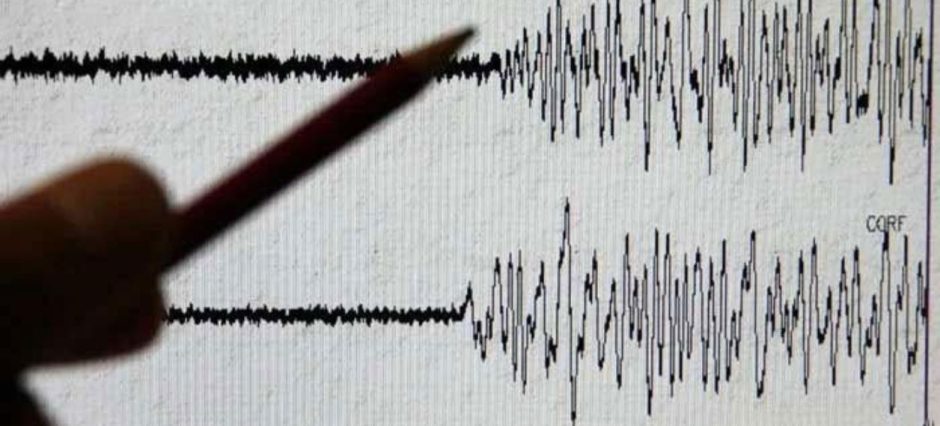A moderate earthquake in Pakistan was felt on Friday morning, sending waves of fear across several cities, including the federal capital Islamabad. According to reports, tremors were also felt in Peshawar, Swat, Chitral, Mardan, and Abbottabad, causing residents to rush out of homes and offices in panic.
The Pakistan Meteorological Department (PMD) confirmed that the shocks were recorded in parts of Khyber Pakhtunkhwa and northern regions. However, the exact magnitude and epicenter of the earthquake are yet to be officially released.
Eyewitnesses reported light to moderate shaking lasting a few seconds. Furniture and ceiling fans swayed, while some areas briefly experienced power disruptions. Fortunately, there have been no immediate reports of casualties or major structural damage so far.
In Islamabad and Rawalpindi, residents said they felt the tremors early in the day, prompting many to gather in open areas for safety. The quake was also reported from nearby districts, where schools and offices temporarily suspended activities until the situation stabilized.
Authorities have placed emergency response teams on alert and advised citizens to remain calm. The National Disaster Management Authority (NDMA) is closely monitoring the situation in coordination with local administrations. Rescue officials said assessments are being carried out to ensure that all infrastructure remains secure.
Experts have reiterated that Pakistan lies in an active seismic zone, making earthquakes a recurring natural risk. Northern regions near the Hindu Kush range are especially prone to tremors, often originating from deep underground fault lines that stretch across Pakistan and Afghanistan.
In a related development, Pakistan’s security forces have been conducting nationwide operations to ensure stability and safety amid multiple challenges. While the recent quake posed no serious threat, it served as a reminder of the importance of preparedness in times of natural or security emergencies.
People across affected areas have been urged to inspect their buildings for cracks and follow safety protocols in case of aftershocks. Disaster management authorities emphasized the need for earthquake-resistant construction practices, particularly in urban centers.
Although the tremors caused panic, normalcy quickly returned to most areas. Officials confirmed that monitoring stations remain active to detect any further seismic activity.
The earthquake in Pakistan may have been brief, but it reignited public concern over disaster readiness in a country that has witnessed several devastating quakes in its history.











